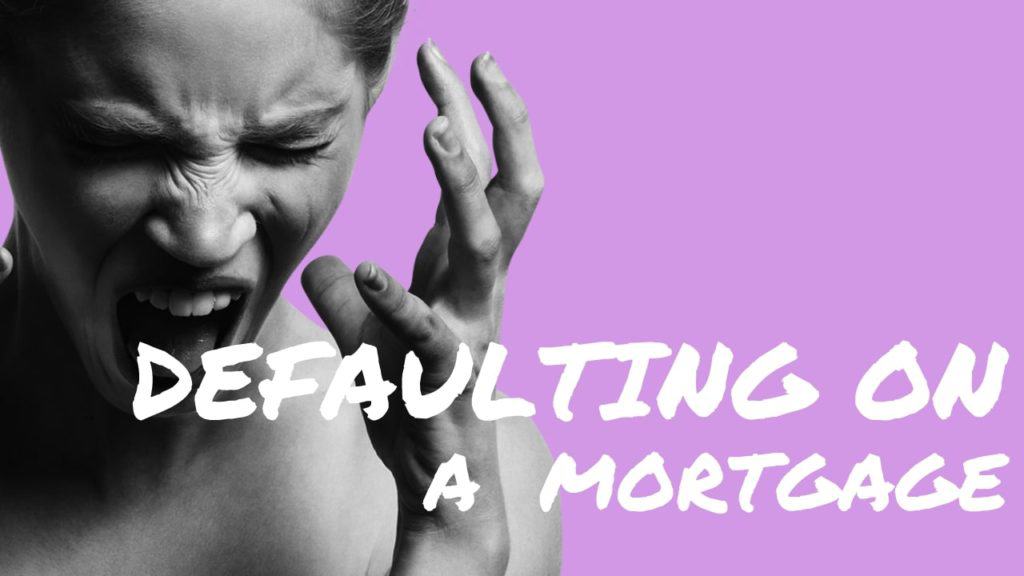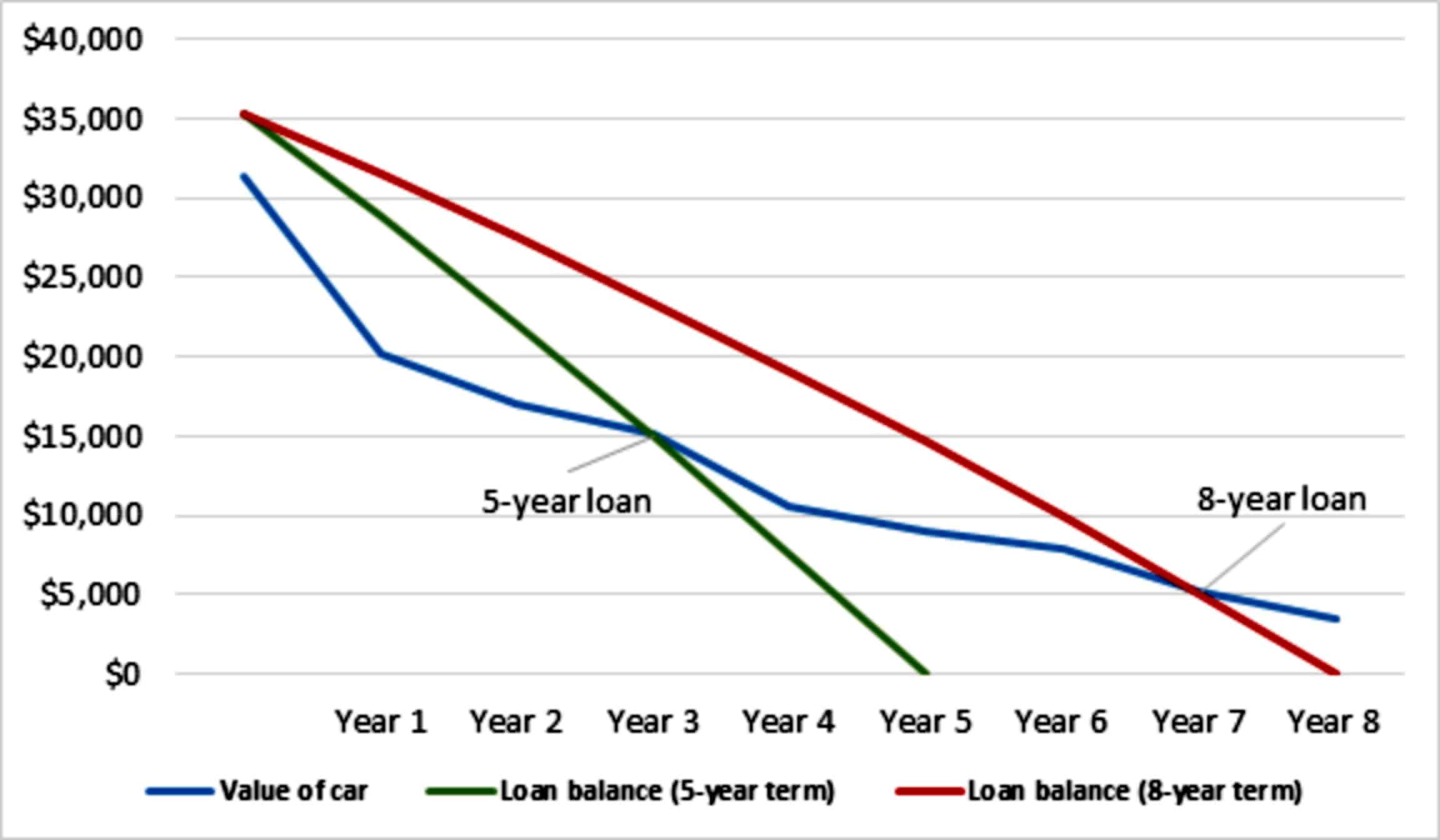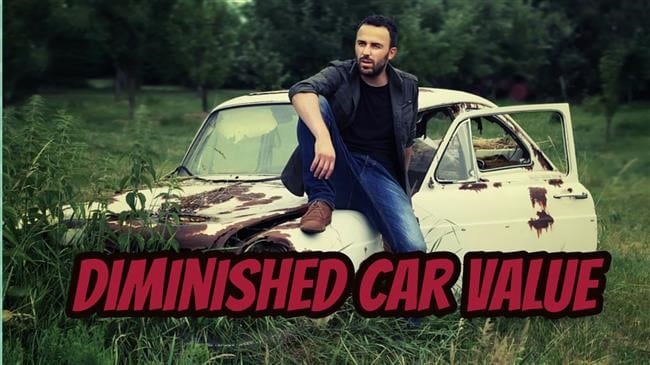The Ira Smith Trustee Team is absolutely operational and Ira, in addition to Brandon Smith, is readily available for a telephone consultation or video meeting. We hope that you and your family are safe and healthy.
Defaulting on a mortgage introduction
I just finished reading a defaulting on a mortgage decision of the Ontario Superior Court of Justice released on September 15, 2020. It had to do with a person who had filed a proposal under the Bankruptcy and Insolvency Act (Canada) (BIA). The court case is about the debtor who could not afford to pay all the mortgages on her home. The home was sold on a conditional basis, and a dispute occurred between two potential purchasers. I describe below how the court dealt with the dispute.
That case highlighted for me three things:
- what we advise everyone who comes to us for a no-cost initial consultation who cannot afford to keep paying a loan registered against an asset, normally a vehicle or house;
- how sometimes a strategic default on a mortgage or vehicle loan can help someone in dealing with all of their debts when they are about to file either a proposal or for bankruptcy; and
- the appropriate manner (in my view) the court decided to resolve the dispute between the two potential purchasers.
Defaulting on a mortgage: What we advise debtors
Whenever someone comes to us for a no-cost consultation, we first get financial information from them. We want to understand the nature of their assets and liabilities and their household income and expenses. Through our analysis and discussion, we determine if the person can afford to keep paying that loan or mortgage. We also ask them, if appropriate, are they happy with the asset if it seems that they are paying too much based on the level of secured debt and the market value of the asset.
If the person says they would love to get rid of the asset, that they have no or little equity in, then we look at the impact of using defaulting on a mortgage as a strategic default so that any shortfall experienced by the lender will be an ordinary unsecured debt which can be discharged through either a proposal or bankruptcy.
Obviously, the person has to have a realistic option to replace that asset or have an alternate plan:
- Can they lease a different vehicle at a lesser cost before filing which they can afford and therefore will not default on?
- Is public transit a realistic option as opposed to having their own vehicle for the time being?
- Is there a relative who will co-sign for them so that they can lease or buy a more reasonable cost vehicle?
- Can they rent somewhere that they can afford for much less than what they have been paying on their home and then look at buying something after they are through their debt restructuring when they are back on their feet?
As I said, we do this all the time when working with people to look at all of their options for financial restructuring. We especially look at in the case of a home, does defaulting on a mortgage make financial sense?
Defaulting on a mortgage: What is a strategic default?
When the market value of your home is less than the amount owed on the mortgage, that mortgage debt is underwater. To put it simply, an underwater home mortgage loan has a higher remaining principal balance than the value of the house.
Homeowners with little or negative home equity can find themselves in this situation when housing prices fall, even if they are current on all their payments. It’s also described as being “upside-down” or having “negative equity” in the residence.
When it doesn’t make sense to keep using your cash to stay current on that underwater mortgage, rather than using that money for other necessary expenses, defaulting on a mortgage as a strategic default may be your only option. After establishing that you can’t see your property rising in value in a reasonable period to restore some of your equity, you may plan to just stop making mortgage repayments. You’ll default and eventually, the lender will enforce on its mortgage, take over the property and sell it.
Even if you have equity in the home, but you can no longer afford to keep up the payments, you may find that putting your home up for sale is your best option. Again, you need to have a realistic plan in place on where you will live once your home sells. Depending on the situation, you might decide to also create a strategic default by defaulting on a mortgage at the same time you list your home for sale. Once sold, the net proceeds of the sale, representing the equity in the home, can be used to help fund the proposal.
During the financial crisis in the United States, a strategic default on underwater homes by defaulting on a mortgage became progressively typical. Such home loans came to a head at 26 percent of all mortgaged homes in 2009. Many house owners did the math and made the agonizing however rational decision to leave the home and let the lender deal with the property and its underwater mortgage.
As I explain in the next section, in most cases, you can just walk away from such a loan in the United States. Unfortunately, it is not so easy for Canadians to walk away from their homes and defaulting on a mortgage. But there is one way to do it in Ontario.

Defaulting on a mortgage: Walking away from a mortgage in Canada is not simple
In the United States, it is normal for a mortgage to be “non-recourse“. What this means is that the lender can only look to the value of the property it has mortgage security against to repay the mortgage loan. If the lender suffers a shortfall, unless there is a separate guarantee given, the lender cannot sue the mortgagor, the borrower, for any shortfall. So if you have negative equity, defaulting on a mortgage may be the right decision for such a US resident.
In Canada, it is normal for a mortgage to be “full recourse“. This means that if the lender suffers a shortfall on the mortgage debt, the terms of the mortgage loan automatically allows the mortgagee, the lender, to go to court and get a judgment against the borrower for the amount of the shortfall. So defaulting on a mortgage needs to be done in conjunction with a plan to deal with the shortfall debt.
For this reason, walking away from a mortgage in Canada is not simple. However, there is one way to do it. Once the shortfall is known and, either before or right after the lender gets a judgment, the debtor can file a proposal under the BIA to restructure all their unsecured debt. If that is not practical, then bankruptcy is the other option.
Now the shortfall is caught in the insolvency proceeding. The filing invokes an automatic stay of proceedings so that the lender cannot take action to try to execute against any of the assets or income of the debtor who has filed. The debt is caught in the insolvency proceeding and will be dealt with in that forum.
Defaulting on a mortgage: The first sale
The court case deals with a woman in Ontario who had begun a proposal process under the BIA. The debtor owned (at least) two residential properties. The property in question had 4 mortgages registered against it. The other property had multiple mortgages against it, including a mortgage as additional security for the 4th mortgage loan against the property in question. To make matters worse, there was also a lien registered against the same residential property in favour of the Canada Revenue Agency (CRA) in the amount of $308,258.
The 4th mortgage was totally underwater. The debtor entered into an agreement of purchase and sale. The sale of the home would result in a shortfall of over $700,000. It would not provide any funds for the 4th mortgage. It would only partially repay the 3rd mortgage. So, one of the conditions of sale was that the vendor would either get a discharge of all of the mortgages or a court order vesting title in the home to the purchaser clear of all mortgages and other registrations against the title. The 4th mortgagee’s charge against the other home, which was also in 4th position, was also totally underwater.
As part of the proposal proceedings, the debtor brought a motion to the court to approve the sale (supported by appraisals) and get the vesting order to vest title clear of all registrations against the title. The debtor was not only going to be defaulting on a mortgage but on at least 2 of them!
Defaulting on a mortgage: The 4th mortgagee opposes the sale approval motion
The 4th mortgagee appeared at the motion with her lawyer to get an adjournment in order to oppose the authorization and vesting order and enable her to acquire the home on the same terms but also for even more money. This would enable the 4th mortgagee to possibly recover something on her outstanding mortgage loan at a later date.
The purchaser or the purchaser’s lawyer was not told in advance that there was going to be an opposition to the application. Therefore, the purchaser’s lawyer did not attend the hearing.
At the hearing, the court authorized the sale and vesting order yet suspended its issuance for 9 days to allow the 4th mortgagee the chance to make an offer. She did, on the very same terms yet $5,000 greater than the approved offer. She also had the deposit funds put into her lawyer’s trust account. She then made a motion for the approval of her offer and vesting order. Not surprisingly, and as to be expected, the first purchaser objected to her motion.
Defaulting on a mortgage: What the court decided
The 4th mortgagee’s lawyer argued that the first purchaser’s agreement of purchase and sale is nullified since there was neither discharges provided nor a binding court order vesting title free and clear from all mortgages and the CRA registration by the closing date. Therefore, it cannot now come to court and try to extend the closing of a deal that is already dead.
Legal counsel for the first purchaser argued that if the court approves the 4th mortgagee as the buyer, the sales procedure will be unfair. The first purchaser was not notified that there would be any type of objection to its motion for the approval and vesting order of its deal. Although the first purchaser can be criticized for not keeping up with what was happening both before and on the date of its court motion, it is still a good-faith buyer who took part in a fair sales process. The 4th mortgagee had every right to bid on the subject property when it was initially listed and did not do so.
The court decided that ultimately, this situation boils down to the process being fair and seen as being fair. So given all of this, the court decided:
- All previous agreements of purchase and sale for the subject property are terminated.
- A new sales process will be carried out where any of the interested parties, being the first purchaser and the 4th mortgagee, can send their best offers to the Trustee, on a confidential basis.
- The offers are to be submitted and evaluated by the Trustee by September 18, 2020, with the closing of September 25, 2020.
- In the event, the winning bid is not able to close on September 25, 2020, the other party may purchase the property.
- If court approval of the successful offer and a vesting order is needed, a draft order may be provided to the court.
- The proceeds of the sale, presumably net of the realtor commission, the vendor’s real estate legal fees, and any HST that may be applicable on the sale, are to be paid into court in order to figure out the proper amount and priority of the charges against the property.
As neither side was totally successful, the court did not award costs to any party. This seems to be the fairest outcome to all concerned.
Defaulting on a mortgage: A proposal is your best option
So as you can see, it is possible to use the proposal process under the BIA either to sell a home you can no longer afford to keep which has equity. The net sales proceeds can be used to partially fund the proposal. A proposal under the BIA is the only government-approved debt settlement plan.
Alternatively, you can use the proposal process to sell the home where you are defaulting on a mortgage where there are one or more mortgages underwater. The proposal process will compromise the resulting ordinary unsecured debt arising from the shortfall claim of underwater mortgage lenders. An application can be made to the court for an order approving the sales process, the sale, and obtaining a vesting order to complete the sale.
We have helped many people and companies do exactly that when defaulting on a mortgage.
Defaulting on a mortgage summary
I hope you have enjoyed this defaulting on a mortgage Brandon’s Blog. Hopefully, you have better insight now into the fact that there is a way to get out of a secured loan, especially a mortgage. It will require an insolvency proceeding to settle all your debts, including any shortfall on the sale of the secured asset.
Do you have too much debt? Are you in need of financial restructuring? The financial restructuring process is complex. The Ira Smith Team understands how to do a complex restructuring. However, more importantly, we understand the needs of the entrepreneur or the person who has too much personal debt.
You are worried because you are facing significant financial challenges.
It is not your fault that you are in this situation. You have been only shown the old ways that do not work anymore. The Ira Smith Team uses new modern ways to get you out of your debt troubles while avoiding bankruptcy. We can get you debt relief freedom.
The stress placed upon you is huge. We understand your pain points. We look at your entire situation and devise a strategy that is as unique as you and your problems; financial and emotional. The way we take the load off of your shoulders and devise a debt settlement plan, we know that we can help you.
We know that people facing financial problems need realistic lifeline. There is no “one solution fits all” approach with the Ira Smith Team. That is why we can develop a restructuring process as unique as the financial problems and pain you are facing. If any of this sounds familiar to you and you are serious in finding a solution, contact the Ira Smith Trustee & Receiver Inc. team today.
Call us now for a free consultation.
We will get you or your company back on the road to healthy stress-free operations and recover from the pain points in your life, Starting Over, Starting Now.
The Ira Smith Trustee Team is absolutely operational and Ira, in addition to Brandon Smith, is readily available for a telephone consultation or video meeting. We hope that you and your family are safe and healthy.




